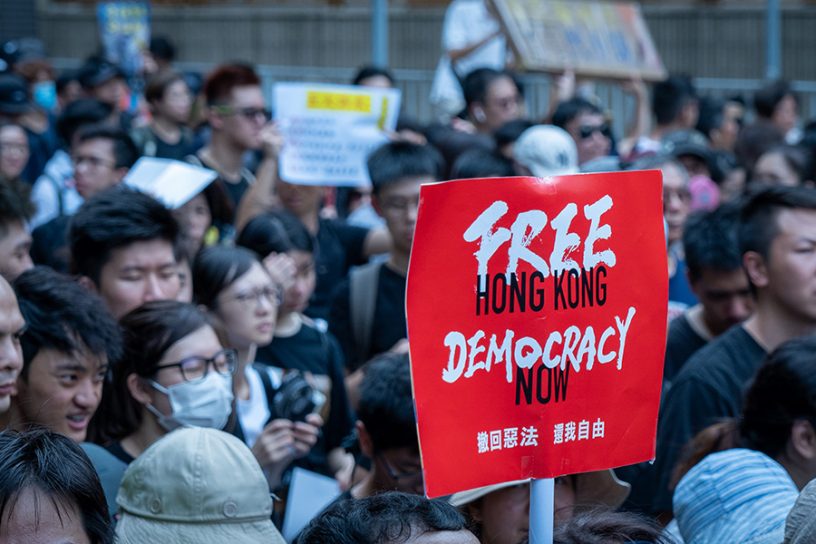
This article traces the massive arrests made under the new National Security Law and other challenges posed to basic freedoms across all sectors of Hong Kong’s society.
Author
Michael C. Davis, Professor, Jindal Global Law School, O.P. Jindal Global University, Sonipat, Haryana, India.
Summary
China’s move to impose on Hong Kong a new National Security Law (NSL) in 2020 and accompanying “electoral reforms” in 2021 represent a complete hollowing out and abandonment of the city’s liberal-democratic constitutional model that Beijing had promised to protect.
These policies turned Hong Kong’s vaunted legal system into the chief instrument of repression, challenging the independence of the city’s courts, law enforcement, and legislative process.
This article traces the massive arrests made under the NSL and other challenges posed to basic freedoms across all sectors of the city’s society. Does this hollowing out of constitutional guarantees represent the oft-discussed Chinese alternative to Western liberal democracy?
Published in: Journal of Democracy
To read the full article, please click here.


